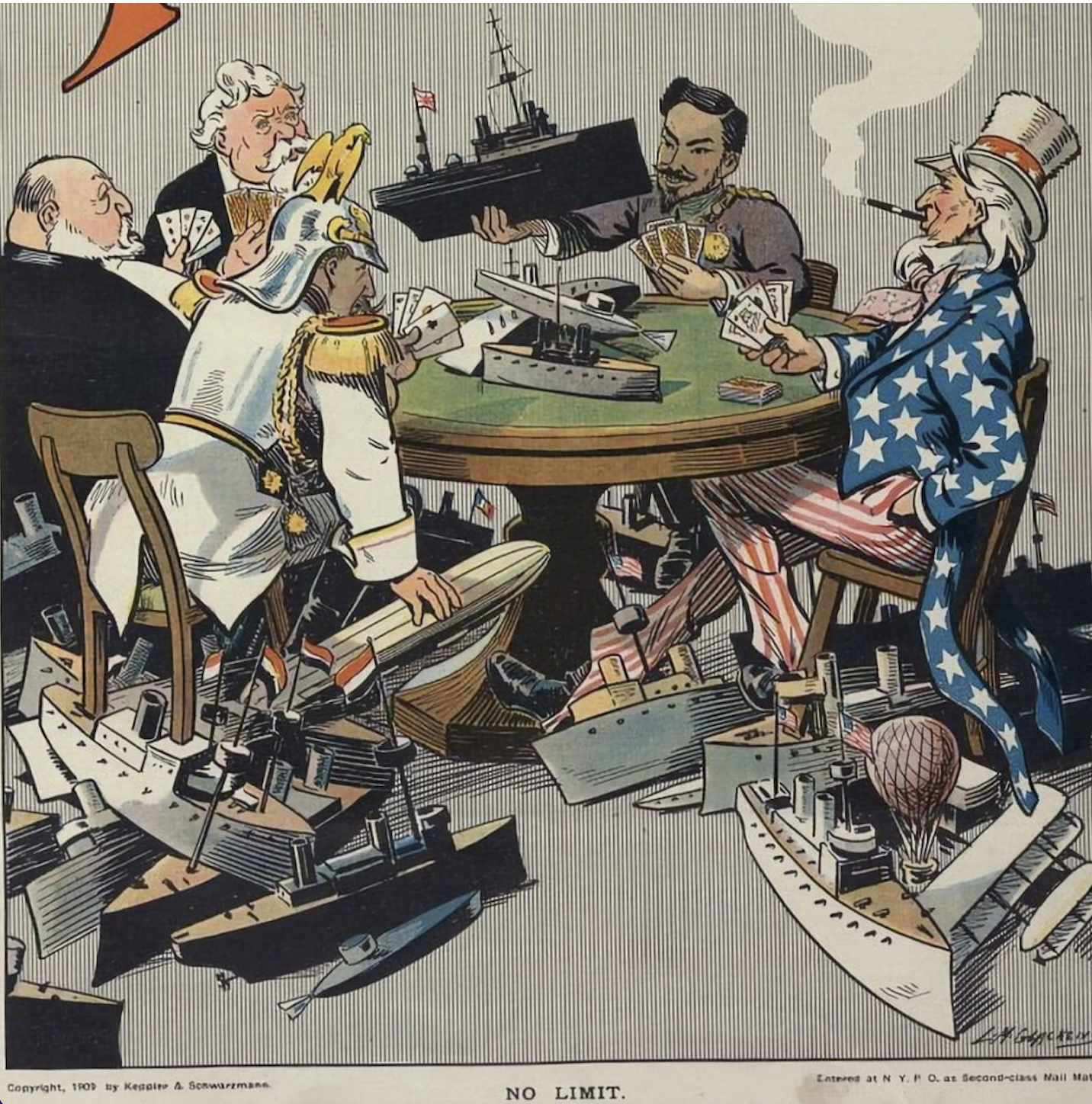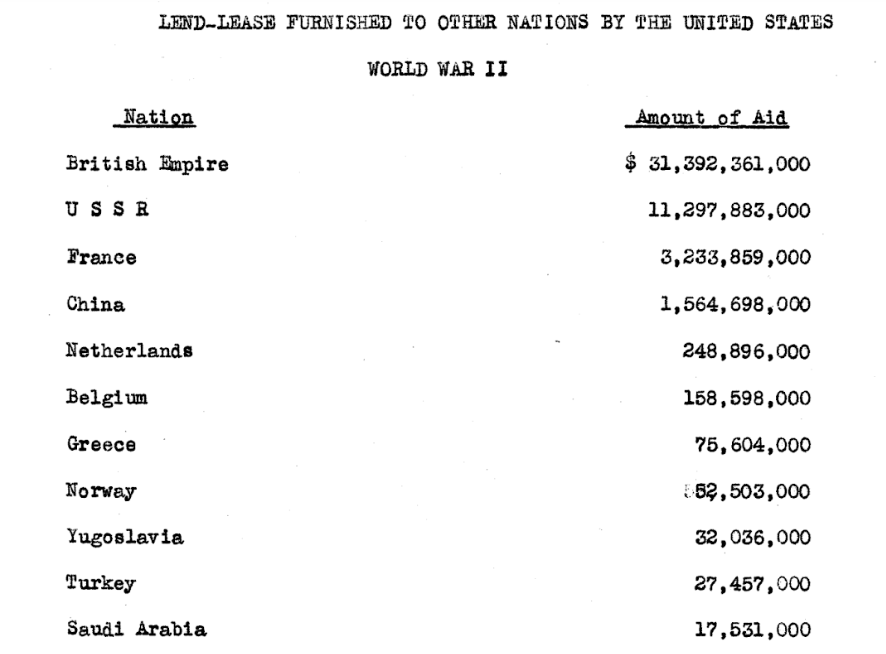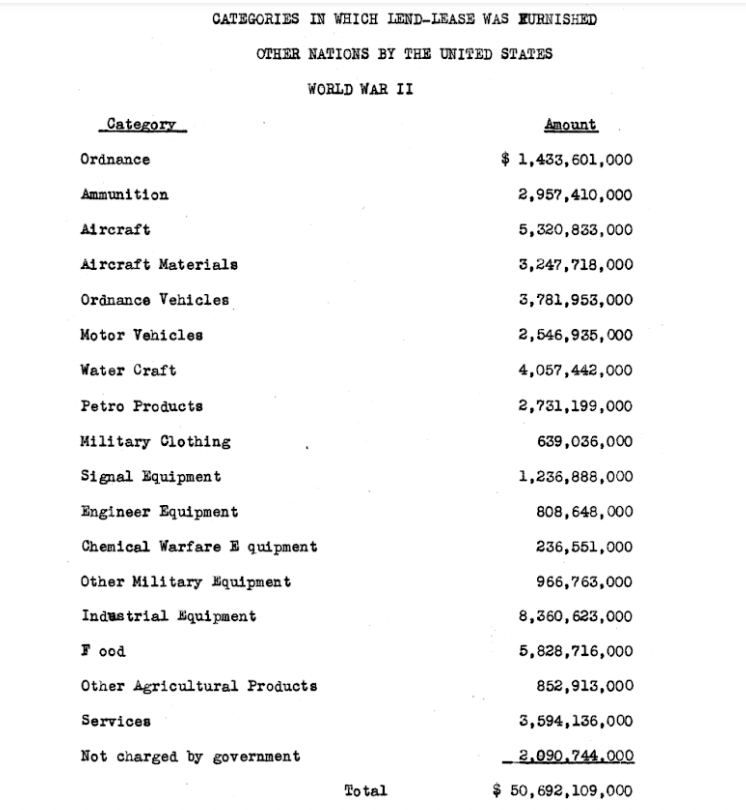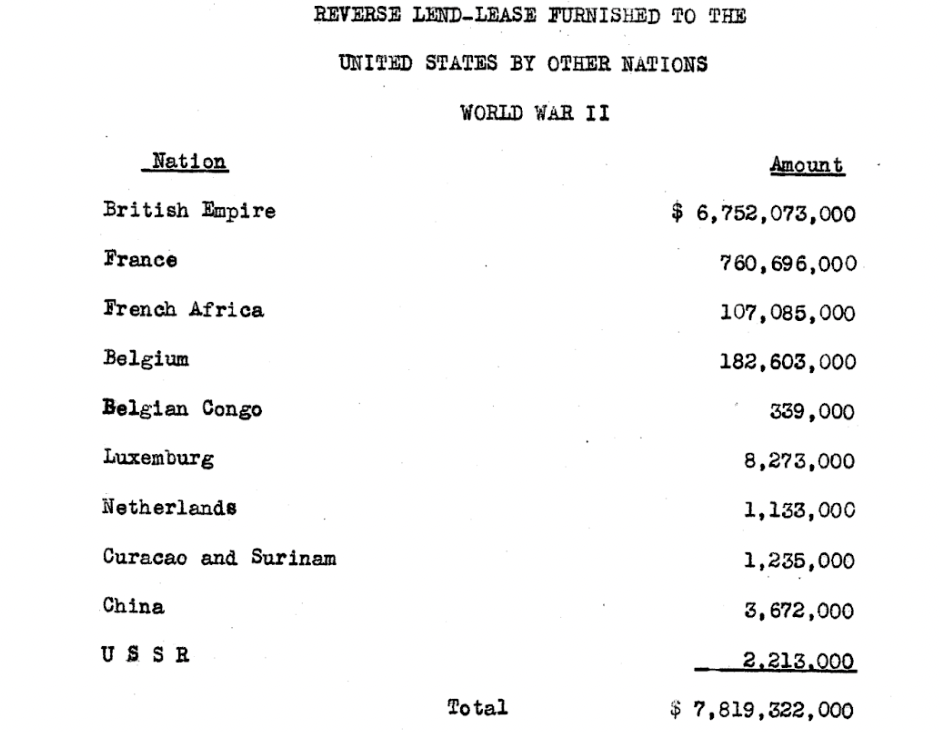Economic Warfare
POLITICS | WAR
By Jana Younis
Catherwood, Jamie. “A Brief History of Economic Warfare.” Investor Amnesia, 20 Mar. 2022, investoramnesia.com/2022/03/20/brief-history-of-economic-warfare/. Accessed 10 Apr. 2024.
The Encyclopedia defines economic warfare as a “state interference in international economic relations to improve a country's relative economic, military, or political position. Just like in any battleground, the goal of economic warfare is to harm one's opponent while economizing on one's loss.” With globalization and the dependence of countries on the resources of one another, economic warfare has become a powerful weapon a country or group of countries can use to undermine, influence, threaten or weaken the political or military power of another country or group of countries. Economic warfare can also be applied to pressure a country into changing its policies or behaviour. Trade embargoes, blockades, sanctions, boycotts, and financial measures are all tools that can be used in economic warfare.
The importance of economic warfare stems from the premise that the stronger the economy of a country is, the more threatening it becomes. Therefore, weakening an economy by weakening or depleting its resources, impoverishing its population, and restricting financial flows to it are all weapons of war: an economic war.
Economic warfare is not new, but it has become much more prominent and effective with countries becoming intertwined. In fact, looking back around 2500 years ago, the Athenian Empire banned traders from its rival city, Magara, from its marketplaces, isolating the city and greatly damaging its economy. This example is referred to as one of the first pieces of evidence on the use of economic measures as a foreign policy tool.
Economic warfare has been prevalent throughout history, primarily during World War I and World War II. During World War II, economic warfare gained more significance, particularly in the United States. Some of the more effective approaches used by the United States were as follows:
Neutrality Acts
Freezing of assets of foreign nations
Lend-Lease legislation
Embargos
Boycotts
Blockade
Rationing of critical items of supply
Price controls, particularly with regard to rent.
Control of exports and foreign investments
Priorities on materials and transportation
Subsidies
Perhaps the most interesting of these tools is the Lend-Lease legislation. Lend-lease is a system by which the United States supplied its World War II allies with materials needed for the war, such as ammunition, tanks, airplanes, and trucks, along with food and other raw materials. Essentially, what this act did was supply/lend/lease their allies with the resources they needed to win the battles against the Axis powers, otherwise going bankrupt and diminishing all their resources.
Holtzheur, William, "United States Defense Organizations," Encyclopedia Britannica,1945. Vol. 6, p. 331
Holtzheur, William, " United States Defense Organizations" Encyclopedia Britannica. 1945. Vol. 6, p. 331.
Holtzheur, William, "United States Defense Organizations", Encyclopedia Britannica, 1945, Vol. 6, p. 331
One of the longest-lasting economic warfares in modern history is the trade embargo imposed by the United States against Cuba, which began in March 1958. The sanctions on Cuba practically cover all aspects of trade. For example, financial institutions in Cuba are unable to send or receive money from the US, and its people are unable to conduct business with American companies. The sanctions have greatly affected Cuba’s economic development and progress. Such sanctions do not impact only Cuba’s political elite or Cuban defences, but rather all aspects of the economy - and hence the population in its entirety. President Woodrow Wilson says “A nation that is boycotted is a nation that is in sight of surrender. Apply this economic, peaceful, silent, deadly remedy and there will be no need for force. It does not cost a life outside the nation boycotted, but it brings a pressure upon the nation which, in my judgement, no modern nation could resist.”
When Iraq invaded Kuwait in 1990, the UN imposed heavy sanctions on Iraq, practically blocking all forms of trade with the country, with almost no exceptions except on some medicine. Those sanctions led to catastrophic results on the humanitarian level. The UN Food and Agricultural Organization said that “notwithstanding the justification for their imposition, the sanctions have caused persistent deprivation, severe hunger and malnutrition for a vast majority of the Iraqi population, particularly the vulnerable groups—children under five, expectant /nursing women, widows, orphans, the sick, the elderly and disabled.” In the wake of the humanitarian disaster that the sanctions imposed on Iraq led to, there was a push to design sanctions in a more targeted way to avoid the humanitarian implications. This gave rise to the “smart sanctions” movement, wherein sanctions became targeted at the political leadership of a certain country, or to restrict goods or services that are used by the leadership to engage in aggression or human rights violations.
An example of “smart sanctions” are those recently imposed on Russia following the war on Ukraine and target “people responsible for supporting, financing or implementing actions which undermine the territorial integrity, sovereignty and independence of Ukraine or those who benefit from such actions.”
War is an element of practical politics and represents one of the possible ways to achieve the defined objectives of politics. Thus, war can be classified as not only a political phenomenon but also an economic phenomenon. This indicates that there are numerous interconnected elements to the relationship between the economy and war. The dynamic nature of the interaction between the economy and war is always influenced by changes in both internal and external conditions.
As our world evolves, the economy of war will progressively become more and more complicated and sophisticated. Nevertheless, economic warfare has been proven to be a powerful and effective tool in politics and in war. In my opinion, it can be as destructive as military war, particularly on the humanitarian front (such as those economic sanctions that lead to famine, lack of healthcare and sanitation, impoverishing populations) and the economic front (depleting a nation’s vital resources, purposefully contracting a nation’s economy, draining a nation’s foreign exchange reserves etc.) War is ugly in all its forms, but until human beings start putting the interests of the world and humanity in front of their individual, national, or business interests, wars will continue, new forms of war will arise (like cyberwar), and more people will be hurt.
Works cited:
KRC, Miroslav, and Vendula HYNKOVA. “Aspects of economic warfare – causes and consequences.” Challenges to National Defence in Contemporary Geopolitical Situation, vol. 2022, no. 1, 19 Dec. 2022, pp. 322–330, https://doi.org/10.47459/cndcgs.2022.40.
“Economic Warfare: Lessons from Two World Wars.” CEPR, 10 Oct. 2023, cepr.org/voxeu/columns/economic-warfare-lessons-two-world-wars. Accessed 10 Apr. 2024.
“Economic Warfare | International Law, Sanctions & Trade Wars | Britannica.” Encyclopædia Britannica, 2024, www.britannica.com/topic/economic-warfare. Accessed 10 Apr. 2024.
Huang, Yukon, and Yukon Huang. “The U.S.-China Trade War Has Become a Cold War.” Carnegie Endowment for International Peace, 2021, carnegieendowment.org/2021/09/16/u.s.-china-trade-war-has-become-cold-war-pub-85352. Accessed 10 Apr. 2024.
“Economic Warfare.” CESifo Working Paper No. 10443.
“Economic Warfare | Encyclopedia.com.” Encyclopedia.com, 2024, www.encyclopedia.com/social-sciences/applied-and-social-sciences-magazines/economic-warfare#D. Accessed 10 Apr. 2024.
ECONOMIC WARFARE - THE ATTACK - Charles Cortez Abbott
ECONOMIC WARFARE - THE DEFENSE- Charles Cortez Abbott
HIstory of Economic Warfare- JoE A. M0EACHERN LT. COLONEL 0-31S07
“Lend-Lease | Facts & Definition | Britannica.” Encyclopædia Britannica, 2024, www.britannica.com/topic/lend-lease. Accessed 10 Apr. 2024.
https://digital-commons.usnwc.edu/cgi/viewcontent.cgi?article=1374&context=nwc-review
Lambert, Nicholas. “Brits-Krieg: The Strategy of Economic Warfare - Understanding Cyber Conflict: 14 Analogies.” Carnegie Endowment for International Peace, Carnegie Endowment for International Peace, 16 Oct. 2017, carnegieendowment.org/2017/10/16/brits-krieg-strategy-of-economic-warfare-pub-73403. Accessed 10 Apr. 2024.
United Nations Food and Agriculture Organization / World Food Programme, “Special Alert No. 237: FAO / WFP Crop and Food Supply Assessment Mission to Iraq,” July 1993.
https://www.consilium.europa.eu/en/policies/sanctions/restrictive-measures-against-russia-over-ukraine/sanctions-against-russia-explained/



